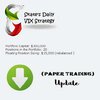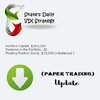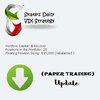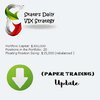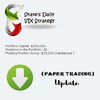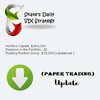- Joined
- 14 July 2020
- Posts
- 35
- Reactions
- 32
Yes, your explanation is very clear thanks. One more question if I may - how exactly do you refer to the unadjusted price? ie. should the AFL read something like "Buy = [unadjusted buy price]"?Hope it's clear.

